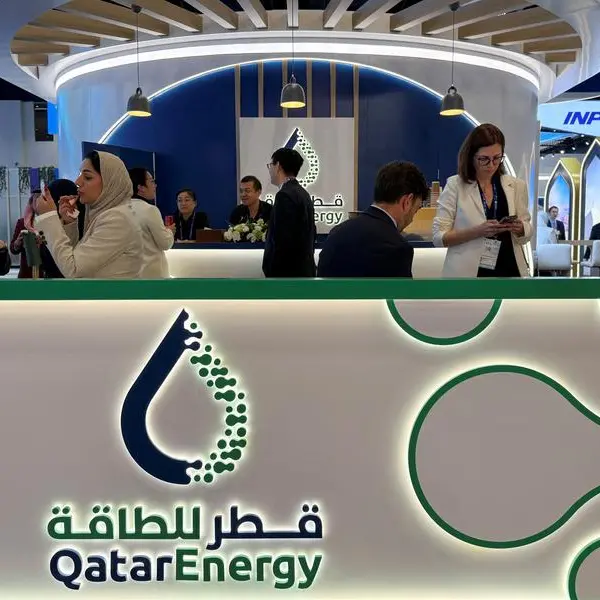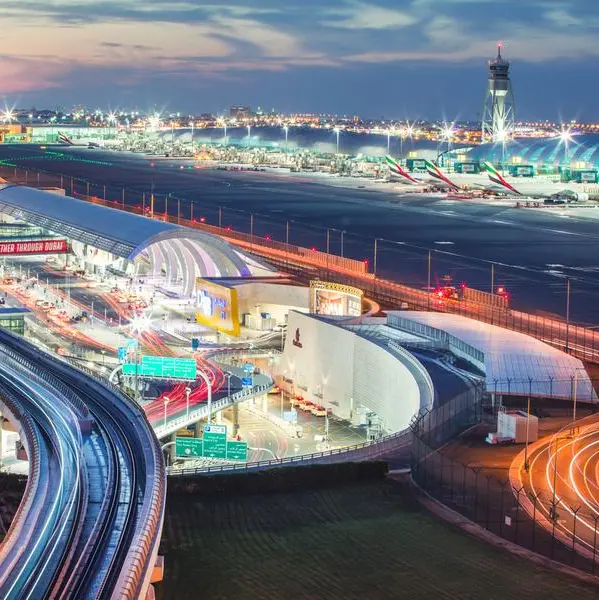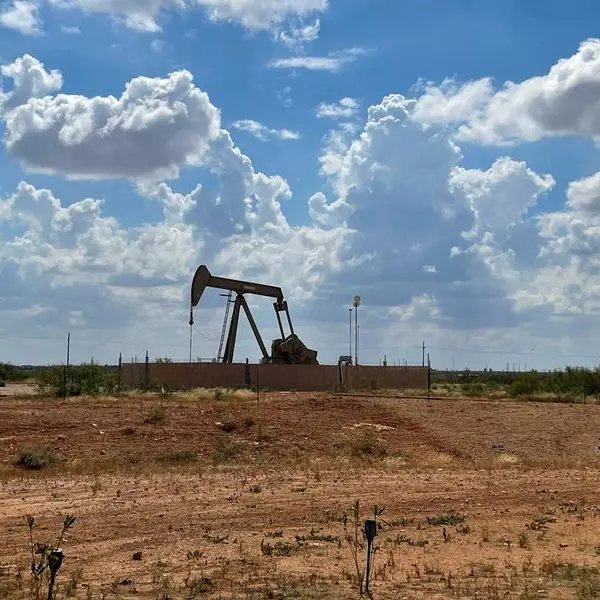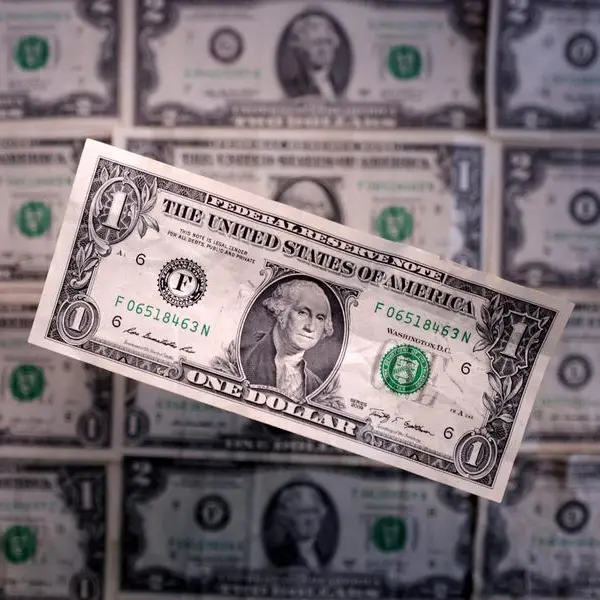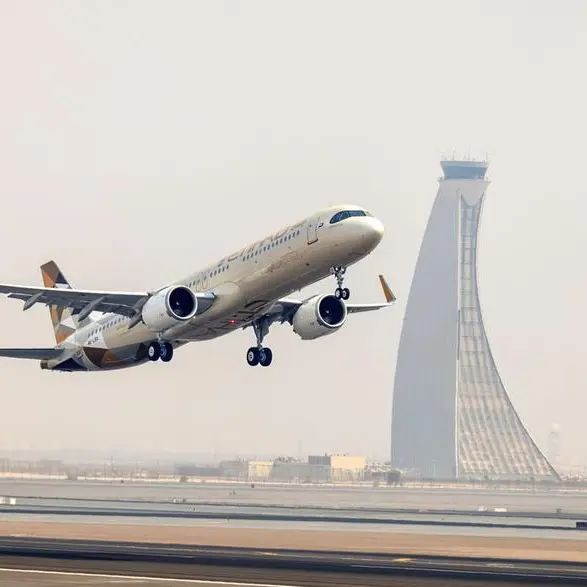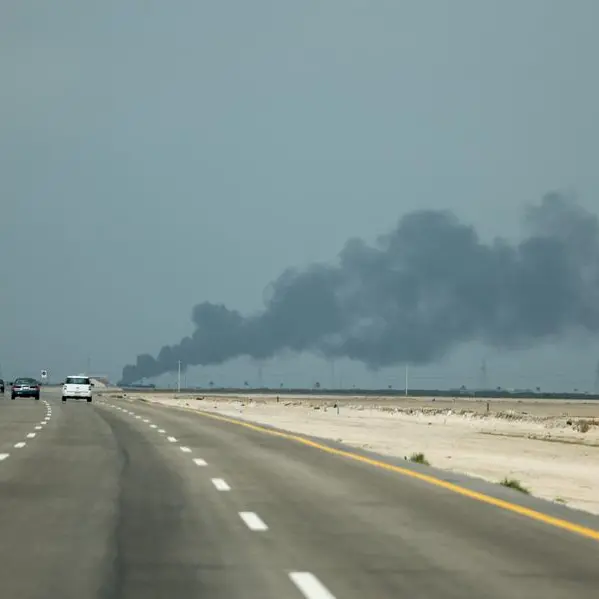Wednesday, Jun 13, 2012
(Adds detail)
By James Herron, Summer Said and Benoit Faucon
VIENNA--Looming supply uncertainties and deep rifts within OPEC over its current oil-production level prompted members Wednesday to favor leaving the group's output ceiling unchanged Thursday, when it meets for the first time since December.
Several ministers complained of oversupply in the current market after Saudi Arabia and other Gulf countries boosted output to make up for the effects of sanctions on Iran. But rather than any serious movement to cut output, the group was crystallizing around a status-quo outcome.
Ministers from Saudi Arabia and Iran, which lead rival factions within OPEC, reached a consensus Wednesday during a bilateral meeting to maintain the current output ceiling of 30 million barrels a day, according to OPEC delegates.
"I expect the production ceiling to be rolled over, but this is all subject to our discussions," Kuwait oil minister Hani Hussain said.
OPEC Secretary General Abdalla Salem el-Badri acknowledged "some oversupply" on the market, but predicted the group would coalesce around an agreement.
"We have our problems here and there but at the end, we'll survive," Mr. el-Badri said. "Yes, we can reach a consensus."
OPEC's output decisions are influential in setting global oil and refined products prices, as the group produces around a third of the world's oil supply and holds more than 80% of global proven oil reserves.
Saudi Arabia surprised some observers earlier this week by floating a proposal to boost OPEC's production ceiling, the agreement that governs total OPEC output. But Saudi oil minister Ali Naimi later backed off the proposal. The group instead seemed to be favoring the current uneasy status quo, maintaining a 30 million barrel a day output ceiling, but continuing to produce more than that.
OPEC's production was 31.582 million barrels a day in May, the group said this week, citing secondary sources. That's nearly 1.6 million barrels a day above the group's total production limit for its 12 members, agreed upon in December. The increase was largely driven by a rise in Saudi oil production this year to around 10 million barrels a day.
The International Energy Agency warned Wednesday that the impact of sanctions and the EU embargo on Iran over its nuclear program raises the risk of a tighter market in the months ahead. It acknowledged in its monthly oil-market report, however, that the oil market looks looser after OPEC ramped up its production in the first half of the year.
"The market can clearly now be characterized as 'better supplied,' but 'over-supplied' looks something of a stretch given the myriad uncertainties that lie ahead for the summer," said the IEA, which represents the interests of major energy-consuming rich countries.
It's unclear to what extent an expected demand increase in the second half of 2012 will sop up the extra barrels, however. Some OPEC ministers have expressed concern this week that excess supply might exacerbate the plunge in oil prices from peak levels earlier this year.
Oil prices have fallen below $100 a barrel for Brent crude oil futures, and are now down 24% from a 2012 peak of $128.40 on March 1. Crude-oil prices of around $100 a barrel are the sweet spot at which they won't drag down economic growth and will balance producers' and consumers' needs, Mr. Naimi has suggested in recent weeks.
Iran could be forced in the next month or two to start shutting in between 500,000 and 700,000 barrels a day of its oil production as exports become more constrained after the European embargo takes effect July 1 amid ongoing U.S. sanctions, said David Fyfe, head of the IEA oil markets division. Indeed, Iranian oil production is already down around 200,000 barrels a day from around 3.5 million barrels a day at the end of last year due to sanctions, Mr. Fyfe said.
It is possible that even larger volumes of Iranian crude will be withdrawn from the market than the IEA estimates. EU Energy Commissioner Gunther Oettinger said Wednesday there won't be any halt or delay to sanctions against Iranian shipping that could restrict the ability of many Asian importers to buy Iranian oil. Analysts estimate that shipping sanctions could cut an extra 500,000 barrels a day from Iranian exports.
Iran's oil minister Rostam Ghasemi reiterated his view Wednesday that sanctions on Iran "will increase the price of oil and create volatility."
Top oil consumers and producers were spotted Wednesday in meetings with each other in conjunction with an OPEC seminar with top oil industry executives and officials from India, China, the European Union and other governments.
At one point, Mr. Oettinger, Mr. Naimi and Mr. Ghasemi were all in the same room together after a meeting between the EU energy chief and Mr. Naimi and ahead of a bilateral session between the Iranian and Saudi ministers, according to three people familiar with the situation. European officials have targeted Saudi Arabia as the source of additional crude to make up for the loss of Iranian oil when an EU embargo takes effect July 1.
While the meeting between the Iran and Saudi ministers smoothed over differences on production policy, OPEC delegates don't expect any resolution this week to the question of who will lead OPEC as Secretary General. Saudi Arabia and Iran have proposed rival candidates for the post.
--Hassan Hafidh in Vienna, Alessandro Torello in Brussels and Selina Williams and Sarah Kent in London contributed to this article.
Write to James Herron at james.herron@dowjones.com, Summer Said at summer.said@dowjones.com and Benoit Faucon at benoit.faucon@dowjones.com
(END) Dow Jones Newswires
13-06-12 1921GMT
